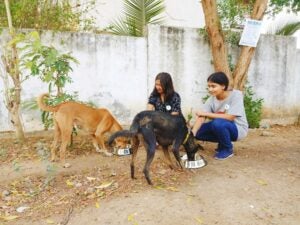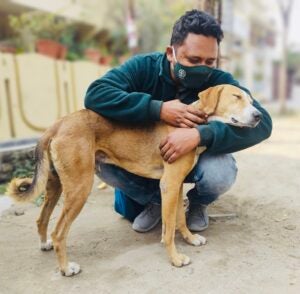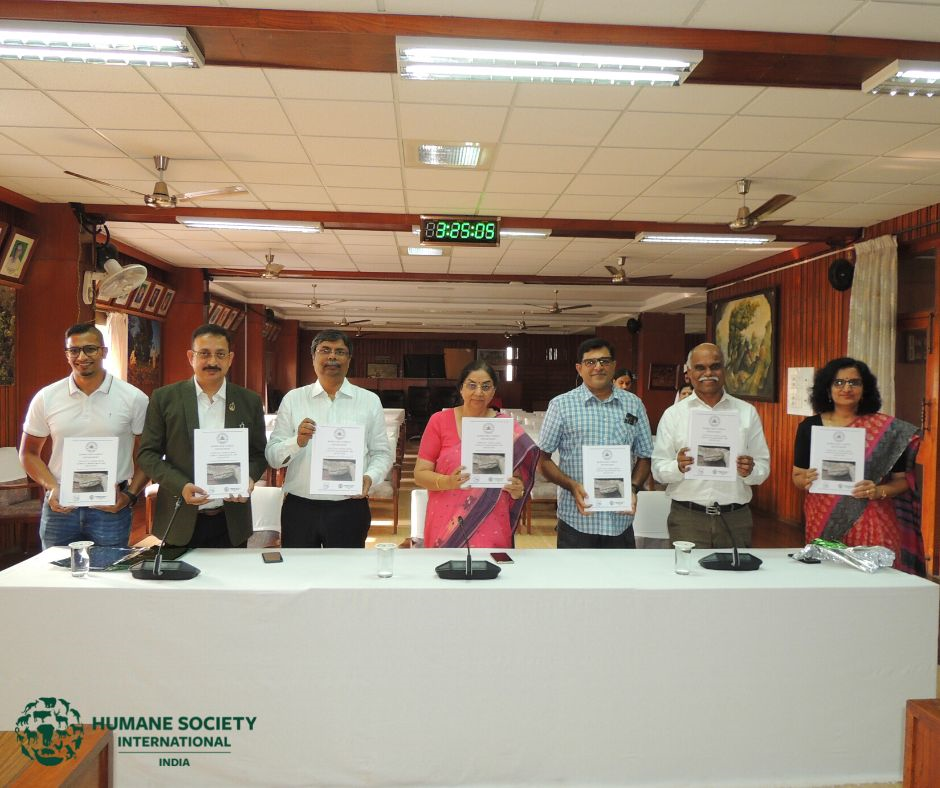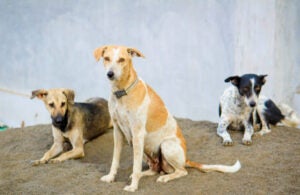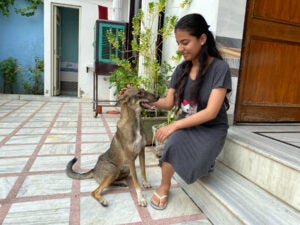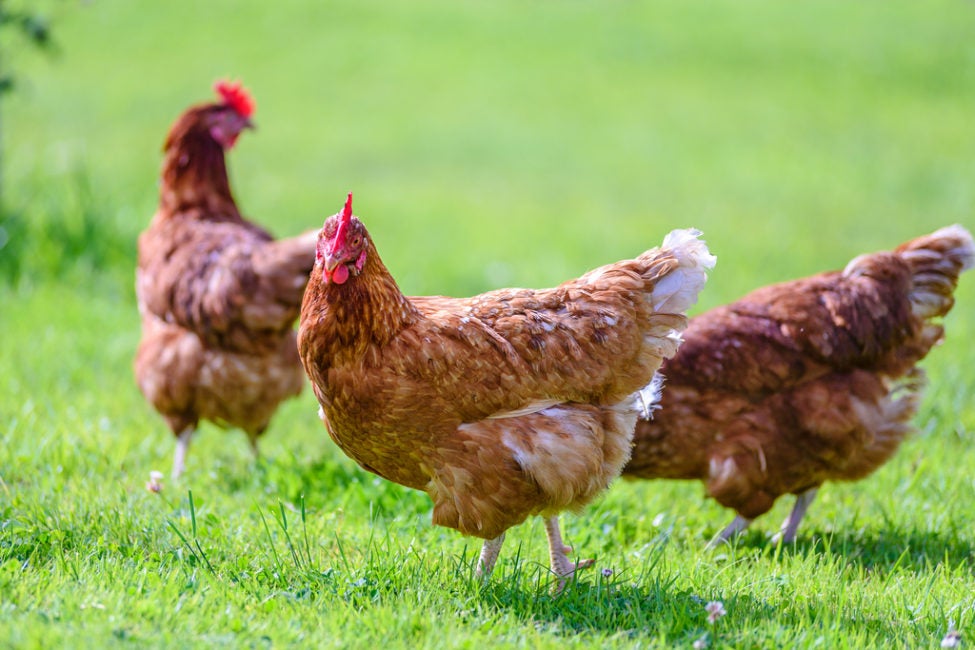(REFERENCE https://forwardfoodsa.org/)
Through the Forward Food South Asia initiative, food service professionals, chefs, dietitians, doctors, public health leaders, environmental organizations, and millions of individuals are getting together to create a healthier, more sustainable food system.
Why?
According to World Health Organization, at healthy diet for adults should contain at least 400 g (5 portions) of fruits and vegetables a day. In fact, starting on a healthy dietary practice early on in life can reduce the risk of becoming overweight and protect individuals against noncommunicable diseases, including diabetes, heart disease and cancer.
A committee of top independent scientists and nutrition professionals presented recommendations for the 2015 U.S. Dietary Guidelines for Americans. The committee concluded that a diet “higher in plant-based foods … and lower in animal-based foods is more health-promoting and is associated with lesser environmental impact.”
According to the World Health Organization, it is advisable to limit the consumption of processed meat and red meat, which are linked to increased risks of death from heart disease, diabetes and other diseases. Likewise, red meat has been classified within category 2A (probably carcinogenic to humans), and processed meat within category 1A (carcinogenic to humans). Within The 1A Category are potential cancer-causing elements like smoking and exposure to asbestos.
Reducing meat consumption is not only good for our health, but eating more plant-based foods is healthier for the planet. Plant foods use much less water and generate less greenhouse gas emissions than animal feed. The Organization of the United Nations for Food and Agriculture (FAO) has determined that livestock is one of the two or three sectors with major negative environmental impacts at local and global levels. This is due to its relationship with land degradation, climate change, air pollution, water scarcity and pollution and the loss of biodiversity.
So, by reducing meat consumption and eating more plant-based foods, you are not only protecting the planet but ensuring a good health for yourself. As the U.S. Dietary Guidelines committee also points out, the benefits of promoting “healthy diets that are more environmentally sustainable now will conserve resources for present and future generations.”
How
We’re preventing cancer, diabetes and heart disease. We’re tackling obesity by following the Three Rs – Reduce, Refine and Replace. By following a more humane diet, we’re reducing the risk of chronic diseases that plague us; while reducing greenhouse gas emissions and conserving our water resources.
Emphasize meatless meals
India has been a predominantly vegetarian market; with focus on the philosophy of Ahimsa or non-violence. There needs to be a further stress on following this philosophy, if we want to progress forward as a healthier and happier nation. There are many creative and simple ways food service professionals are reducing meat purchases. Some are doing meat-free days like Meatless Monday—in which they may make all meals plant based, or emphasize on meatless meals that day, with a higher percentage of plant-based entrees. Others are adding additional plant-based meals to their menus on a daily basis. Some are mixing plant-based proteins or mushrooms with their meat, reducing overall meat usage.
Events
We’ll come to your school or dining operation to host a Forward Food, Veg Out Reach or Meatless Monday event, Culinary Experience training for chefs, or two-hour K-12 Nutrition Workshop. Learn more about our events program.
Recipe development
The HSI culinary team, including a chef, food service director, and dietitians, can create plant-based recipes for your organization. If there is a particular dish that is culturally important or very popular at your location, HSI can create a healthier, plant-based alternative.
HSI has a catalog of over 100 recipes for breakfast, lunch, dinner and dessert that can be provided for university or health care food service staff during training. HSI also has a catalog of over 40 K-12 compliant recipes that can be provided to elementary food service staff during training.
If you would like help adjusting your menus for patients as well as customers, HSI’s registered dietitians can provide expert advice and sample menus for how to promote healthier, plant-based meals.
Marketing and promotion
HSI can assist your school district with marketing plant-based entrees in your dining centers. Internal marketing generally consists of point of sale materials, posters, customer incentives, presentations to staff, web site content, and drafted letters for staff / customers.
Our HSI food and nutrition coordinators can also help you with public outreach should you wish to have public recognition for your commitment to health and sustainability. This is done through media pitches or press releases and social media concepts / suggestions / graphics.
Environmental impact measurement
We’ve teamed up with a scientific expert who can assess how your decision to add more plant-based foods may positively impact the planet. Changes in food related greenhouse gas emissions will be quantified and reported in a format that you can use in communications with your customers/students, and also as part of any wider greenhouse gas reduction strategy your school or institution may have. This specialty service can be tailored to your needs.
Veg OutReach programme
HSI/India supports a “Meat Reduction Campaign” and creates avenues to interact with animal welfare organizations, teams, or individuals in India. HSI/India’s meat reduction campaign is aimed at sensitizing people on the concept of eating with a conscious, by reducing in the consumption of meat/dairy products. The program employees various methods; videos, presentations, films, documentaries, street plays, theater, painting/collage competition, creative writing and other to present the true picture of the animal farms and show where the meat comes from.
Resources
K-12 schools
These K-12 compliant recipes, CACFP recipes, prepared products and cycle menus for K-12 schools are not only delicious, healthy, and USDA-compliant, they’ve also been tested for student approval. So yes, kids love them! Use this toolkit to help promote great food and learn more about free training for your school district!
Food service
Here are some simple, mouthwatering recipes for food service that are so tasty no one will know they’re good for our bodies and are made with ingredients that are better for our environment. Download our Professional’s Guide to Meat-Free Meals for more ideas.
These toolkits for university foodservice professionals, healthcare food service professionals, and Meatless Monday provide strategies, solutions to common challenges, and an action plan for specific institutional settings.
100+ Recipes
Would you like plants to be the shining stars of your plates? Download over 100 plant strong recipes featuring grains, legumes, vegetables, and fruits created by our classically trained chef, Wanda White.
There are also a number of individuals who are creating new and exciting food items, from gajar ka halwa to gluten free vegetable korma! Vegan Richa, Holy Cow Vegan Recipes , Manjula’s Kitchen
Videos
Check out our 2020 Clean Cooking plant based webinar series!
Plant-based products
Looking for a one stop shop for both the classic and newest plant-based products? There are many selling it in India now. Try reaching out to Vezlay or Gooddot We got it here!
Promotional material
We can help you commercialize the plant based dishes in your restaurant. If you wish, we can promote your commitment with health and sustainability whether through internal marketing (like point of sale material, client incentives, personnel presentations like press releases. We are here to help. Contact us to receive brochures, postcards, posters or stickers and logos for free.
